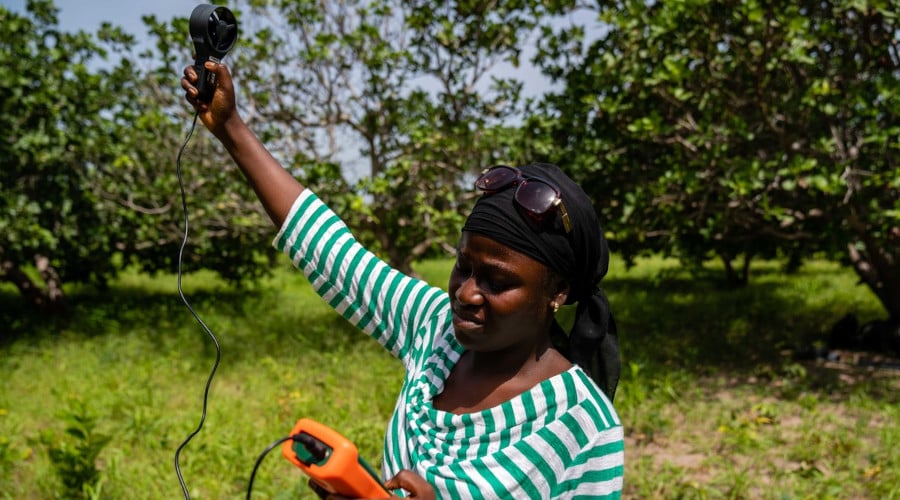Learn more about the projects for each research theme at MRC Unit The Gambia.
MILQ (The Mothers, Infants, and Lactation Quality Project) 5QX0Q0
Contact: Sophie Moore
Funding: United State Department of Agriculture – Research, Education, and Economics (USDA)
Exclusive breastfeeding is recommended by WHO for the first 6 months of life, and it is important to support this recommendation by all possible means. This includes paying more attention to the nutrient content (“quality”) of breast milk and the nutritional status of the mother and infant during the first 6 months postpartum, especially in resource-poor settings. The MILQ study is a four-centre (Gambia, Brazil, Bangladesh, Denmark) study to develop Reference Values for nutrients and other constituents of human milk, to improve estimates of nutrient requirements and intake gaps for infants and lactating women. Field work will start in late 2017.
Genetic interactions between human populations and malaria parasites in different environmental settings across Africa
Contact: Alfred Ngwa
Funded by: Alliance for Accelerating Excellence in Science in Africa

